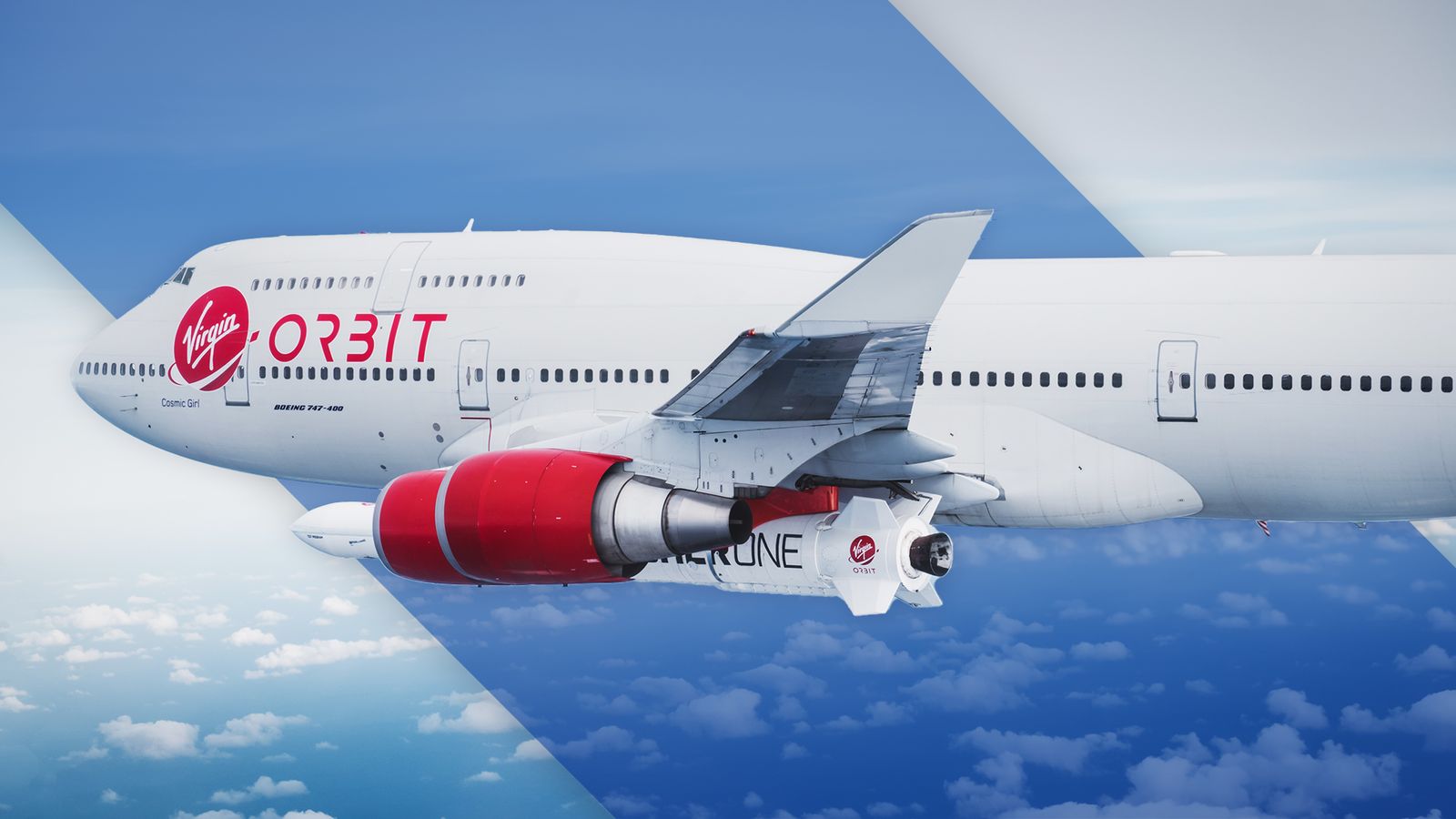Britain is a big part of the new space race, but you probably didn’t know it.
More satellites are built here than anywhere outside California.
But because we don’t launch them, it goes unnoticed.
It began with telecommunications satellites the size of double-decker buses that bring us hundreds of TV channels and connect us to distant friends and relatives by phone.
Then we started building the Earth monitoring systems that have brought home the extent and pace of climate change.
And now the growth is in a new generation of “cube-sats”, no bigger than a shoebox, that orbit just above the atmosphere and will revolutionise our lives.
They’re bringing the internet to the remotest parts of the planet, coordinating disaster responses, tracking ships and will in future keep self-driving cars a safe distance apart.
In the past, the satellites have been shipped as far away as New Zealand for a ride to space.
That all changes now that the UK has the first launch base in western Europe.
The spaceport in Cornwall, and later this year two more on mainland Scotland and the Shetland Islands, bring proximity.
Read more:
Everything you need to know about the UK’s first rocket launch
How to spot the launch from UK soil
‘Bubbling of excitement’ as Cornwall prepares for launch
They’ll help to keep launch costs down and give the UK the security of its own route to orbit.
It’s hoped they will be worth £3.8bn to the UK between now and 2030.
On board this first launch from Cornwall is an Omani satellite. But the UK’s location provides easy access to polar orbits that allow satellites to fly over the whole of the planet, so the UK could become a key global launch pad.
It is predicted that 100,000 satellites will be launched by 2030 – the potential market is huge.
The UK space industry is already worth £16.5bn a year to the economy and employs almost 50,000 people.
It’s growing fast – and the spaceports will give it rocket boosters.








